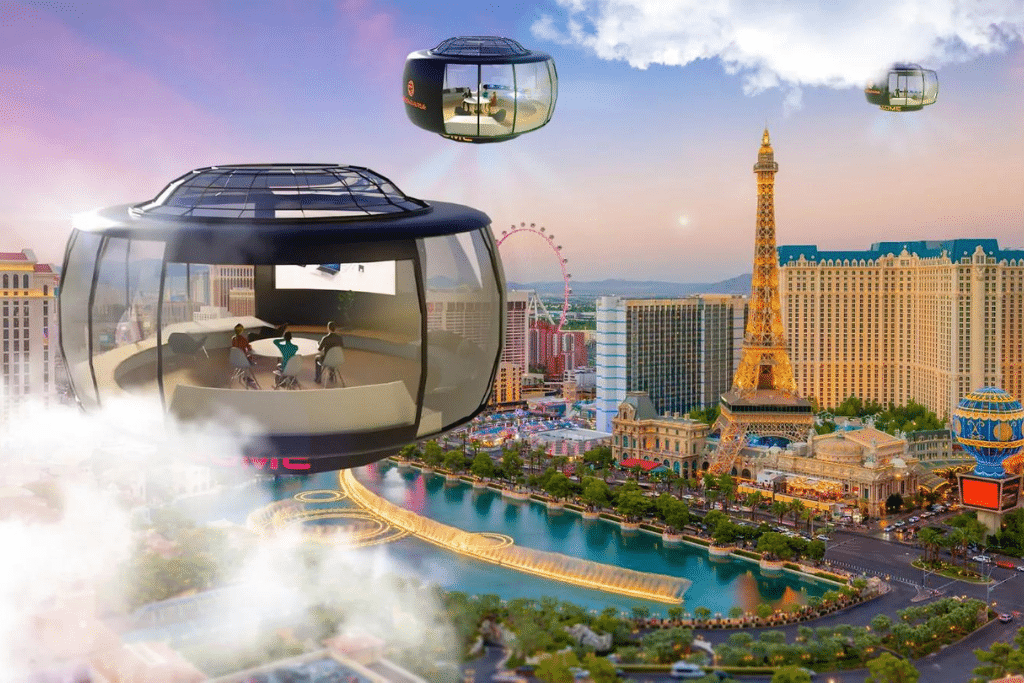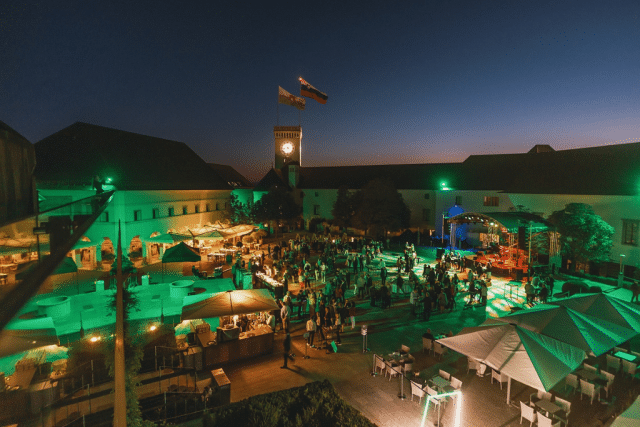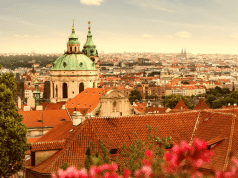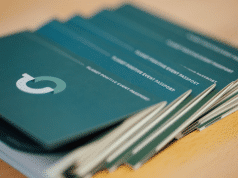2022 will not be the year we return to normality
Although we are becoming increasingly familiar with the virus, it still remains an enigma. That is why, at the start of 2022, the pandemic is still the greatest threat to social stability and thus the meetings industry. For the unvaccinated, attending events is becoming an obstacle-filled journey. Closing borders, furthermore, leads to perpetual postponement and cancellation of global events. In this light, restrictions imposed throughout countries are often illogical and full of uncertainties. Inequalities between countries are aggravated with the pending environmental catastrophe. To save the corona crisis, we have, according to estimates, already spent 16% of the global GDP. While national interventions to save the industry are plentiful, they result in control and encroachment of rights and privileges. The advancing government control does not limit the might of technological giants, who are persistently gaining power and becoming socially dominant.
All of the mentioned means that 2022 will not be the year we return to normality. To reach this conclusion, one need not delve into analysis or research. As I have stated before, we are the ones who will have to adapt to the virus, and not the other way around.
As always, we will follow the situation closely and actively in the editorial board of Kongres Magazine. We have listed a few topics we believe will mark this year:
The bipolar disparity of the meetings industry
In 2021, the industry was divided into advocates of event digitalisation and their opposition. With a bit of dialogue, trust and consensus, we could have figured out that these are complementary fields that can, in the end, create a stronger meetings industry. To have clearly defined the four key event types would have helped tremendously. Using and choosing live, online, hybrid and virtual-meta solutions depends on client needs. For every client, a solution should be found tailored to the goals and needs of their audience. In this light, I believe we will have to decide for all formats we are familiar with today. Predicting future formats is thus ungrateful. Whether the future will be hybrid is a typical question no one can answer with certainty.

Tech giants and metaverse
Technological titans, including Amazon, Apple, Facebook, Microsoft, Google, are amassing unprecedented financial and social power. The latter is not always in line with democratic values. Their growth is unstoppable also in event organising, where the idea has been planted to move the entire industry into the metaverse. With all the new global leaders and the openness to new technologies, the question arises: who will regulate and control these new worlds? At the moment, it appears to be a wild west where civil law does not exist yet. That is what happens when the economic might of tech leaders transforms into political power. It seems this era will end public discourse and freedom we encourage through events. That is why this topic deserves a loud and extensive discussion.

Green transformation of the meetings industry
It is time to face the music; COP26 in Glasgow was unsuccessful. The green transition entails, above all, an energetic transformation and will take more time than expected. We still do not have a suitable clean energy source because global politics cannot decide what a clean energy source is. Our industry is equally guilty. The main problem is that the industry, in fact, is not green, and planting trees does not solve crucial problems. We should adopt a radical approach to end omnipresent greenwashing that has been impacting the credibility of the entire industry. Making the meetings industry greener will be a slow, sensitive and long-term process. To begin with, we should be aware that digital events also leave a carbon footprint; however, it is noticeably lesser than live events. We will dedicate much of our efforts to this topic.
The transition of congress centres
We probably all agree that the corona crisis has affected congress centres the most. In most cases, convention centres are public infrastructure that commonly does not create direct profit but has numerous dispersed multiplicative effects. Apart from rare exceptions, congress centres seem to be becoming more alike tankers with humongous inerting. Even though their transformation after the corona crisis has not been mapped out yet, congress centres are still being built around the world. Considered public infrastructure, many have transformed into vaccination centres, film studios and exhibition rooms. The undisputed role convention centres play in developing destinations will be put to the test in the future. That is why we will pay close attention to how convention centres react to the situation and which business model turns out to be the best choice.
Exhibition industry’s crisis
The latest research by Livecom Alliance has shown that 49,1 per cent of congress organisers have successfully digitalised. On the other hand, only 19,3 per cent of trade fair organisers have succeeded in doing so. Further telling is the information that by organising digital events in 2020, trade fair organisers equalled only 9,9% of their income from 2019 (78,5% was created by live events, while 11,6% was created with hybrid events). Only one in five trade fairs took place online in its entirety. The research has shown that in all segments of the meetings industry in Europe, the trade show branch was the most affected. Without radical digitalisation, trade fairs will not survive. We will continue following successful examples of trade fairs transitioning to the new post-hybrid reality.

Microevents
Maintaining distance has resulted in the inception of a special event category, dubbed micro-events. These are intimate or, in other words, boutique events. The concept is reminiscent of the trend that has been present in the hotel industry for quite some time. Microevents were also noticed within the BEA World competition. We were especially thrilled by the project of genius colleagues from the Latvian agency Skudras Metropole Floating Island. To understand where a part of the industry is headed, take a look at their video.
Destination marketing
Great content or storytelling represents the communication capital of meeting destinations. Consider incentive programmes destinations have developed or even protected by authorship rights. In a way, this is seed capital that bears fruit. Of course, such capital can be useless if one does not have the know-how to distribute it. In this light, destinations undoubtedly have to opt for digital marketing. The best destinations take distribution into their own hands and thus become editors that ensure the satisfaction of meeting planners and the appeal of quality content. Our media will focus extensively on marketing digitalisation.
New kids on the block
If you have not attended a single business event since March 2020, you may not recognise many exhibitors. The situation has changed considerably, and new players are emerging weekly. Most of the new faces are from the digital scene. The calendar of important events is also changing rapidly. We have created an up-to-date calendar of events, which you can read at: https://kongres-magazine.eu/2022/01/overview-of-the-most-important-mice-events-in-2022/.

The mentioned topics are among the editorial board’s main focuses for 2022 that will be analysed through in-depth research and surveys with the help of meeting planners from the globe. You are invited to send suggestions on which topics you believe will be at the forefront.
The industry is changing radically, and, in my opinion, for the better.
In 2022, I wish you good health, strength and nerves of steel to overcome corona impediments. Together we can create a safer and more sustainable meetings industry whilst making our event attendees happy and satisfied.
Happy, healthy and smart new year 2022!
Gorazd Čad
Editor in Chief














